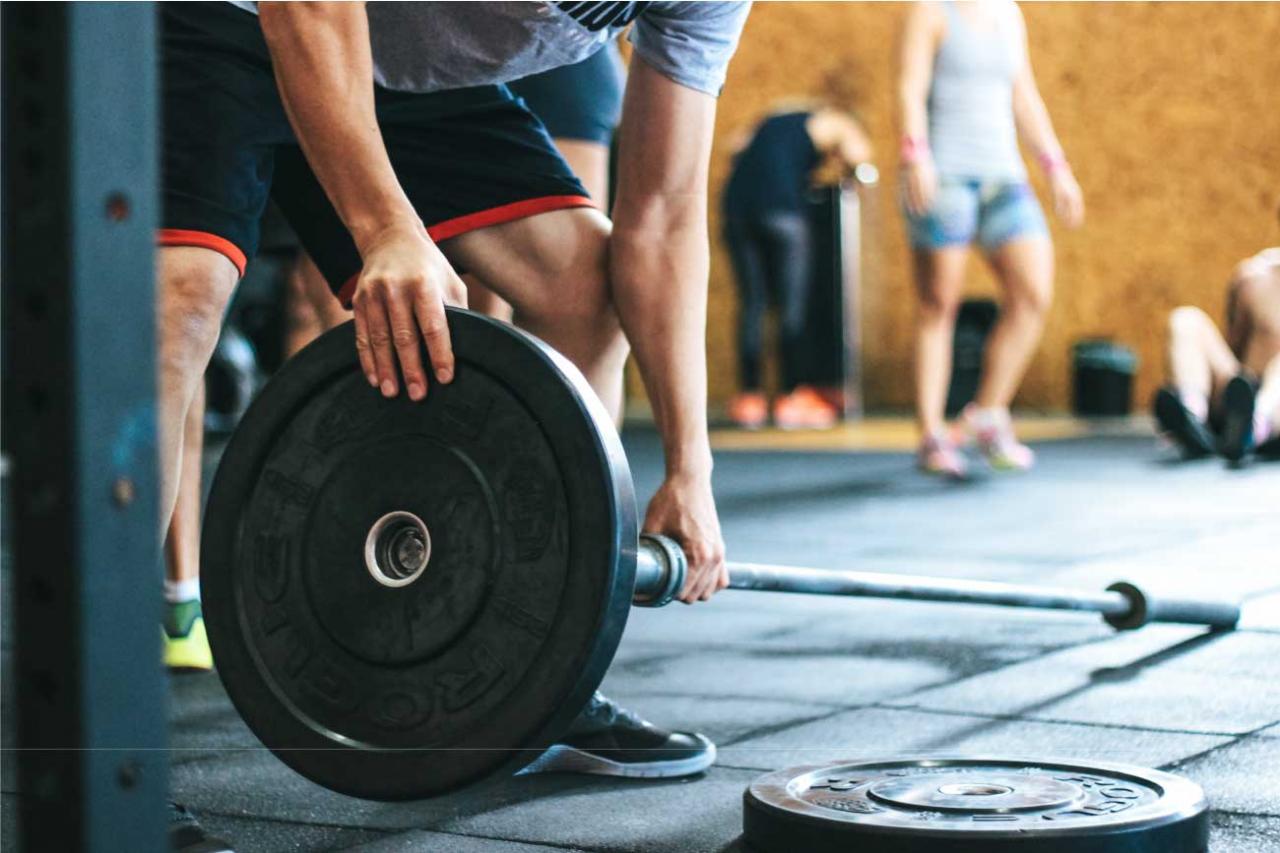In the realm of strength training, protein is often hailed as the almighty fuel for muscle growth. As we delve into the intricate relationship between protein consumption and building muscle mass, it becomes clear that this macronutrient plays a pivotal role in sculpting a stronger, more resilient physique. Join us as we explore the fascinating science behind how protein powers the pursuit of muscle growth in the world of strength training.

The Importance of Protein for Muscle Growth
Protein is a crucial component for fueling muscle growth and development, especially in the context of strength training. When engaging in intense physical activity like weightlifting or resistance training, the muscles are broken down and need to repair and grow stronger. This is where protein comes in, as it provides the building blocks needed for muscle synthesis and recovery.
Incorporating an adequate amount of protein into your diet is essential for promoting muscle growth and enhancing strength. Protein helps to repair and rebuild muscle tissues that have been damaged during workouts, leading to increased muscle hypertrophy over time. Additionally, protein plays a role in regulating metabolism and maintaining a healthy body composition, which is vital for optimizing performance and achieving fitness goals.
To maximize the benefits of protein for muscle growth, it’s important to consume a variety of protein sources, including lean meats, poultry, fish, eggs, dairy products, legumes, and plant-based proteins. Aim to include protein in every meal and snack to ensure a steady supply of amino acids for muscle repair and growth. Remember, consistency is key when it comes to protein intake for muscle development, so make sure to prioritize this macronutrient in your diet to support your strength training efforts.
Maximizing Muscle Protein Synthesis with Proper Nutrition
Proper nutrition plays a crucial role in maximizing muscle protein synthesis, especially when it comes to fueling muscle growth during strength training. Consuming the right amount and type of protein is essential for supporting muscle repair and growth after intense workouts. Incorporating protein-rich foods into your diet can help optimize your muscle-building potential and improve your overall strength and performance.
To ensure you’re getting the most out of your nutrition for muscle growth, consider including a variety of high-quality protein sources in your meals. This can include lean meats like chicken and turkey, fish, eggs, dairy products, legumes, nuts, and seeds. These foods contain essential amino acids that are vital for muscle protein synthesis and repair. In addition to protein, it’s important to also consume an adequate amount of carbohydrates to provide energy for your workouts and help support muscle recovery.
In summary, by prioritizing protein-rich foods in your diet and maintaining a balanced intake of all essential nutrients, you can effectively maximize muscle protein synthesis and enhance your strength training results. Remember that proper nutrition is just as important as training when it comes to achieving your fitness goals and building lean muscle mass. So fuel your muscles with the right foods and watch your strength and performance soar.
Understanding the Ideal Timing and Amount of Protein Intake
When it comes to maximizing muscle growth and strength gains, protein intake plays a crucial role in fueling the body for intense strength training workouts. can make a significant difference in achieving your fitness goals.
**Timing:**
- Consuming protein before a workout can help provide the necessary nutrients for muscle repair and growth during and after exercise.
- Having protein within 30 minutes to an hour post-workout can enhance muscle protein synthesis and aid in recovery.
- Spreading protein intake evenly throughout the day ensures a steady supply of amino acids for muscle repair and growth.
**Amount:**
- Aim for consuming 0.8-1 gram of protein per pound of body weight to support muscle growth and repair.
- Increasing protein intake during periods of intense training or caloric deficit can help preserve muscle mass.
- Choose high-quality protein sources such as lean meats, dairy, eggs, and plant-based sources like tofu and legumes.
Choosing the Best Protein Sources for Optimal Strength Training Results
When it comes to fueling muscle growth and achieving optimal results in strength training, the type of protein you consume plays a crucial role. It’s not just about the quantity of protein but also the quality. Here are some of the best protein sources that can help you maximize your gains:
- Lean Meats: Chicken, turkey, and lean cuts of beef are excellent sources of protein. They are also low in fat, making them ideal for those looking to build muscle and reduce body fat.
- Fish: Fish such as salmon, tuna, and mackerel are rich in omega-3 fatty acids and high-quality protein. These nutrients are essential for muscle repair and growth.
- Eggs: Eggs are a complete protein source, meaning they contain all essential amino acids. They are also versatile and can be easily incorporated into your diet in various ways.
In conclusion, protein plays a crucial role in fueling muscle growth during strength training. By ensuring you consume an adequate amount of protein, you can support the repair and growth of your muscles, ultimately helping you achieve your strength training goals. Remember to incorporate a variety of protein sources into your diet to maximize your results. So go ahead, fuel up on protein and watch your muscles thrive!